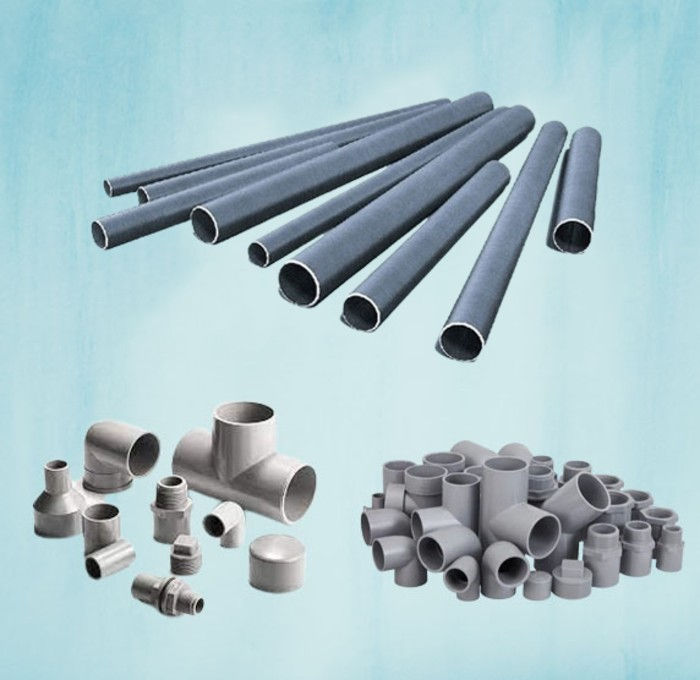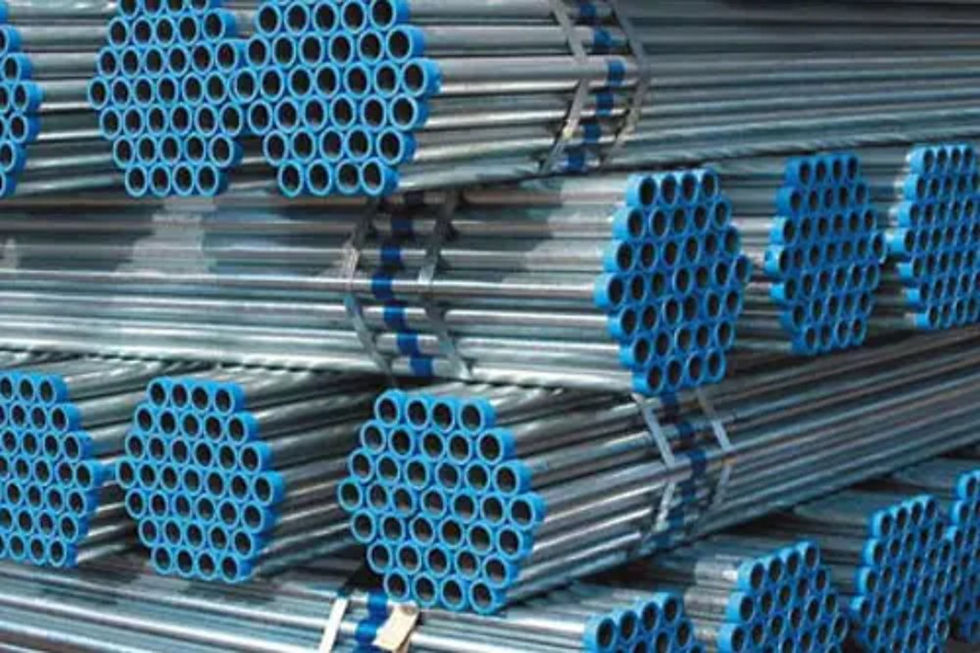What is Class A, B, C for MS Pipes?
- ganpatisteeltubes0
- Mar 21, 2024
- 3 min read
When it comes to selecting the right type of pipes for various construction and industrial applications, understanding the classification of MS (Mild Steel) pipes is crucial. Among the different classifications, Class A, B, and C play significant roles in determining the quality, strength, and suitability of MS pipes for specific purposes. In this comprehensive guide, we'll delve into what Class A, B, and C mean for MS pipes, their characteristics, applications, and considerations.
MS Pipes are widely used in various industries for conveying fluids, gases, and solids due to their durability, versatility, and cost-effectiveness. These pipes are made from mild steel, a type of carbon steel known for its low carbon content and malleability, making it suitable for welding, bending, and forming. MS pipes come in different grades, sizes, and specifications to meet diverse requirements in construction, infrastructure, plumbing, and manufacturing sectors.
Class A, B, and C classification for MS pipes refers to the thickness of the pipe walls and their corresponding pressure ratings. Let's explore each class in detail:
Class A MS Pipes:
Class A MS pipes have the thinnest walls among the three classifications, making them suitable for low-pressure applications.
These pipes are commonly used for domestic water supply, irrigation, plumbing, and drainage systems where the operating pressure is relatively low.
Class A MS pipes are lightweight, easy to handle, and cost-effective, making them ideal for residential and small-scale projects.
Class B MS Pipes:
Class B MS pipes have thicker walls compared to Class A pipes, providing increased strength and durability.
These pipes are suitable for moderate-pressure applications such as industrial water supply, firefighting systems, and agricultural irrigation.
Class B MS pipes offer improved resistance to internal and external stresses, making them suitable for installations where higher pressures or heavier loads are anticipated.
Class C MS Pipes:
Class C MS pipes have the thickest walls and highest pressure ratings among the three classifications, offering maximum strength and durability.
These pipes are designed for high-pressure applications such as oil and gas transmission, chemical processing, and structural support in infrastructure projects.
Class C MS pipes are engineered to withstand extreme operating conditions, including elevated temperatures, corrosive environments, and heavy mechanical loads.
Key Considerations:
Quality Assurance: Ensure that MS pipes comply with relevant industry standards and specifications, such as IS 1239 (Part 1) for MS ERW pipes or IS 3589 for MS pipes used in water and sewage systems.
Corrosion Protection: Consider options for corrosion protection, such as galvanization or external coatings, to enhance the lifespan of MS pipes, especially in corrosive environments.
Installation and Maintenance: Follow proper installation practices and conduct regular maintenance to ensure the integrity and performance of MS pipe systems over time.
Consultation with Experts: Seek guidance from experienced professionals or consultants when selecting MS pipes for specific applications to ensure compatibility, efficiency, and safety.
In conclusion, understanding the Class A, B, and C classifications for MS pipes is essential for making informed decisions in construction, infrastructure, and industrial projects. By considering factors such as pressure requirements, application environments, and quality standards, stakeholders can choose the right type of MS pipes Baddi to meet their project needs effectively. Whether it's for domestic water supply, industrial applications, or structural support, MS pipes offer reliable performance and versatility in various settings, contributing to the advancement of modern infrastructure and development initiatives.
Gi pipes Baddi are one of the preferred choices in industrial areas like Baddi due to their durability and corrosion resistance. The classification of MS pipes provides valuable insights into selecting the appropriate pipe type for specific applications, ensuring optimal performance and longevity in diverse operating conditions. With the right knowledge and considerations, stakeholders can leverage the benefits of MS pipes to support their projects' success and contribute to sustainable infrastructure development.





Comments